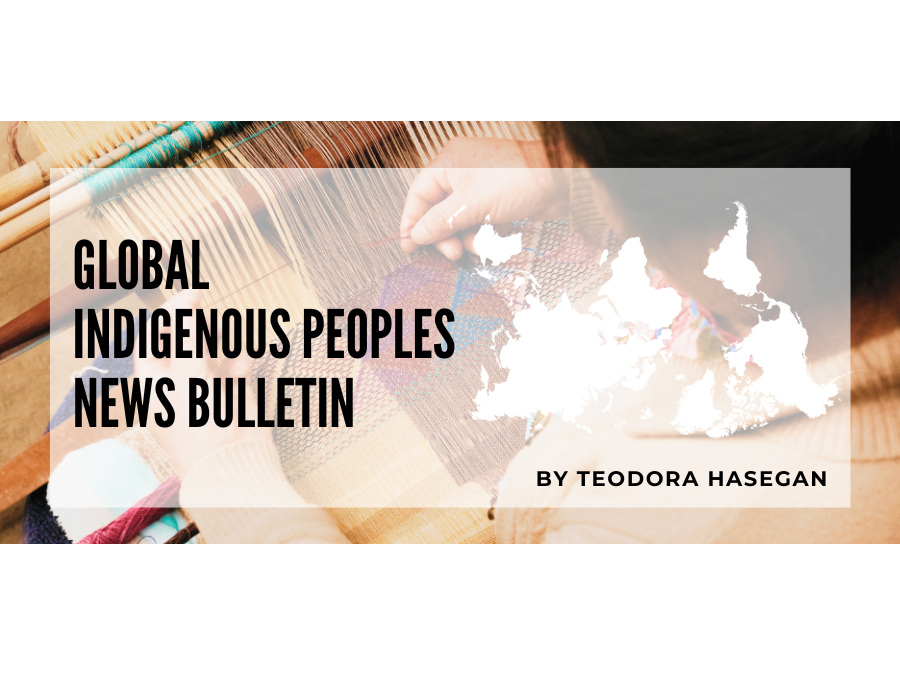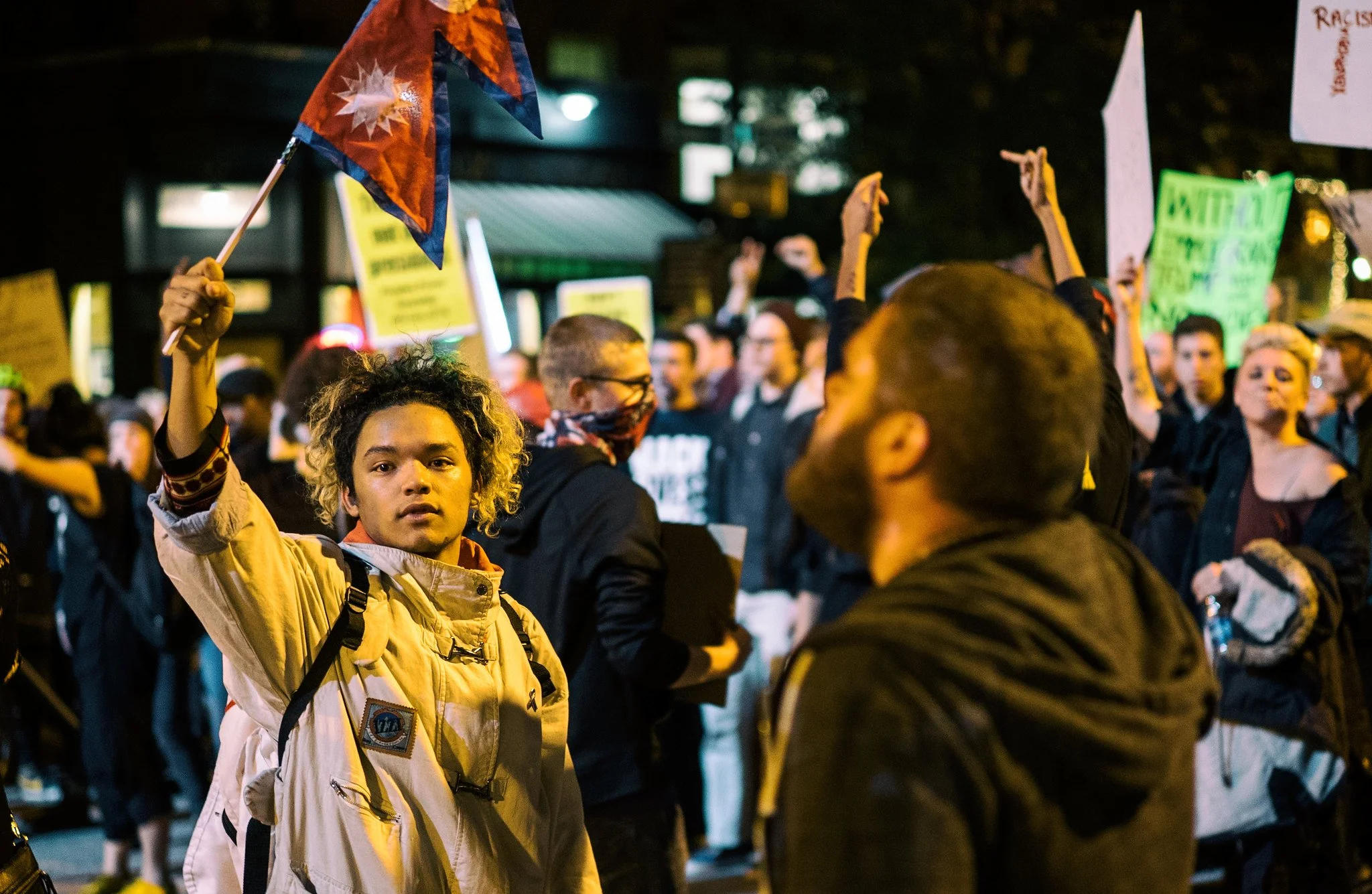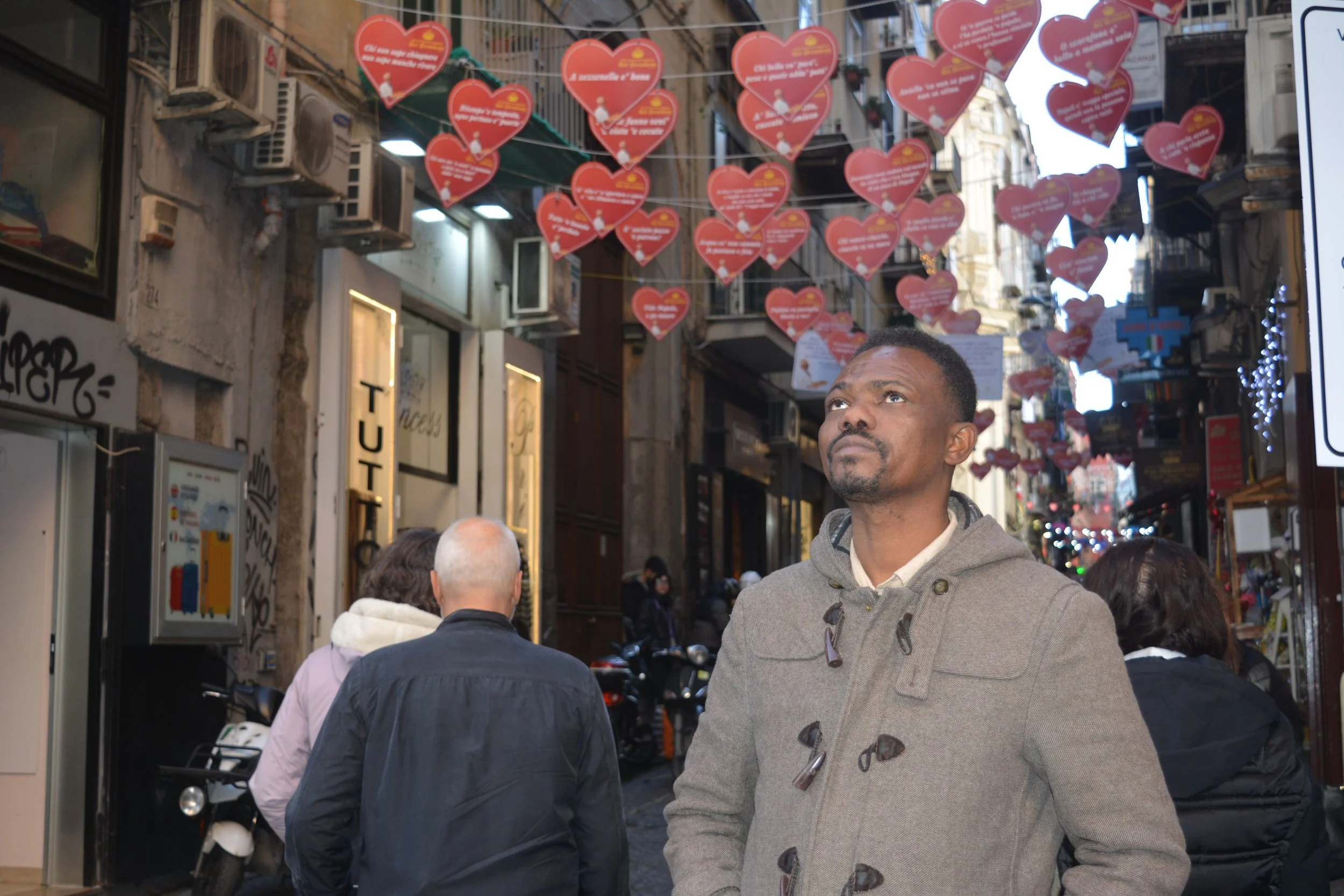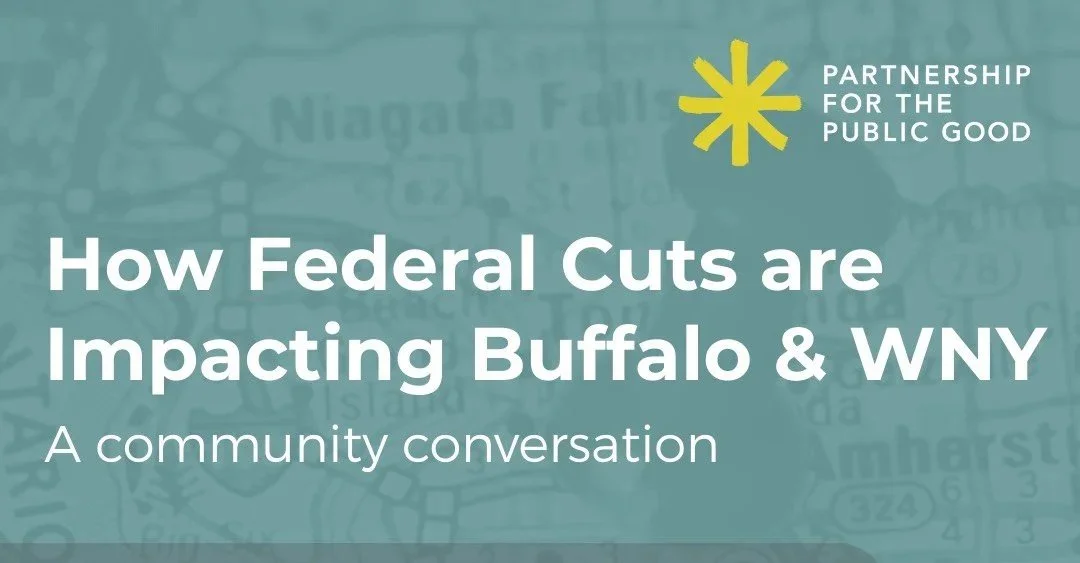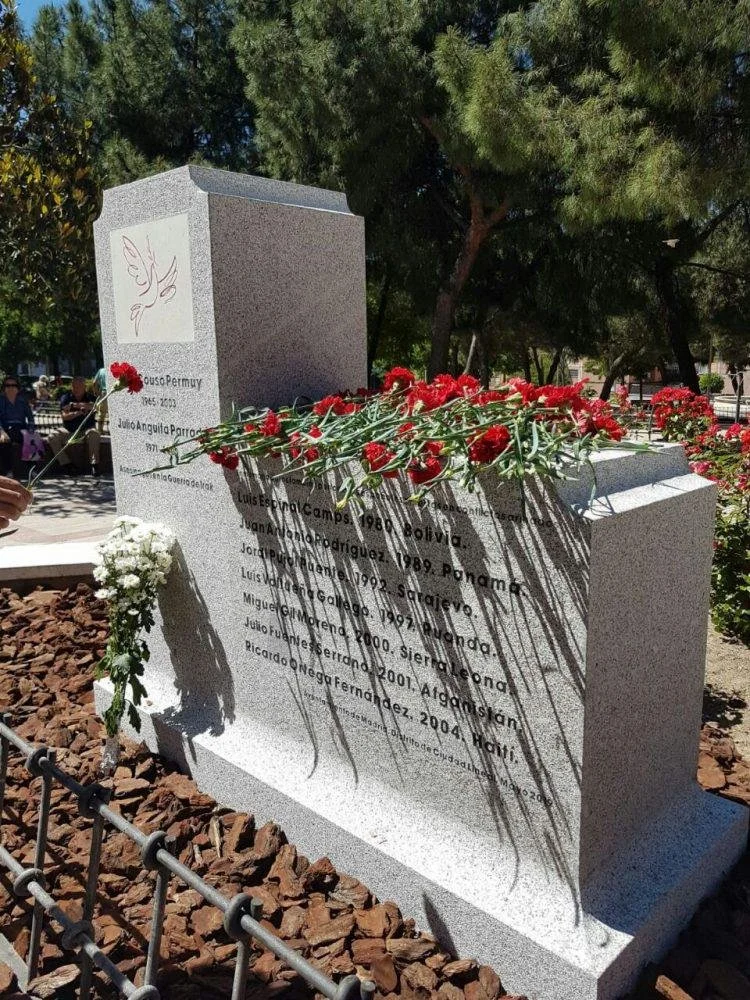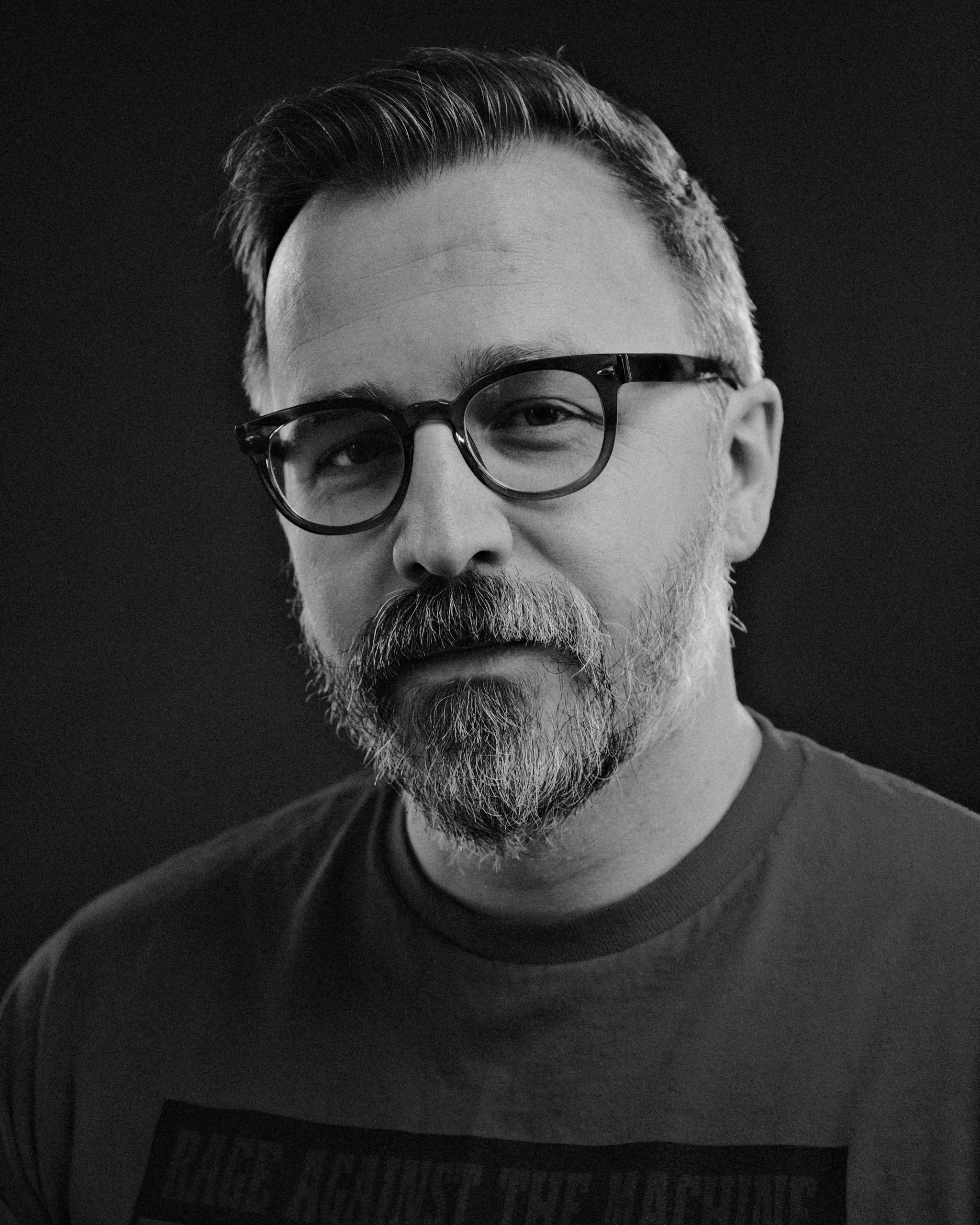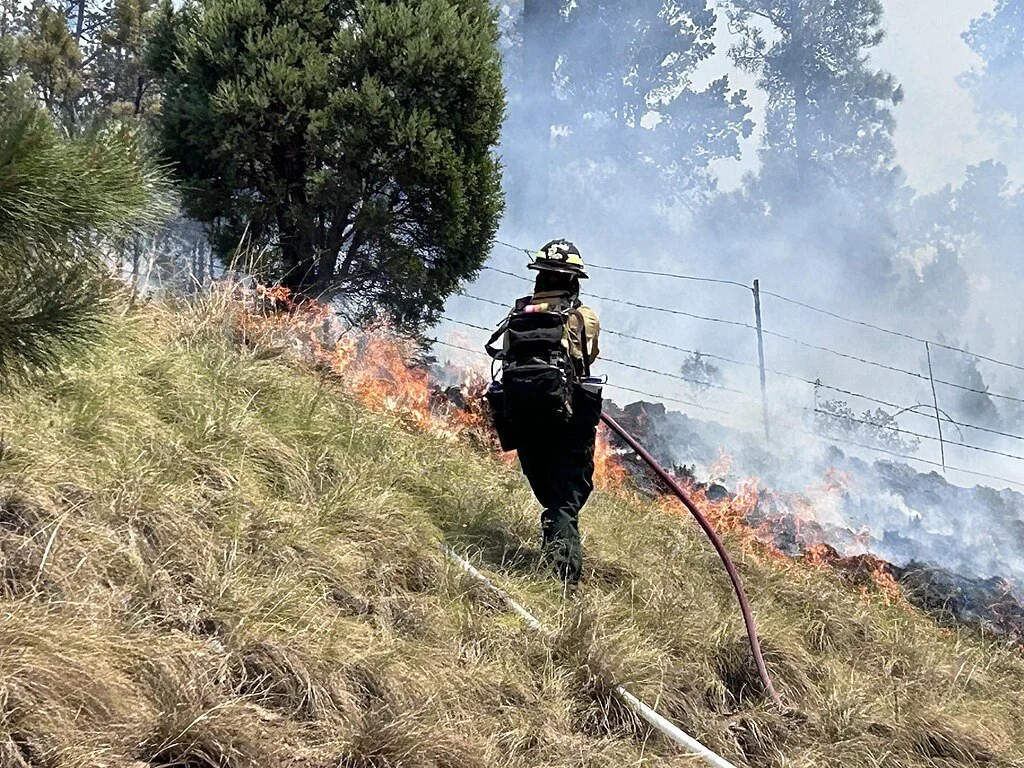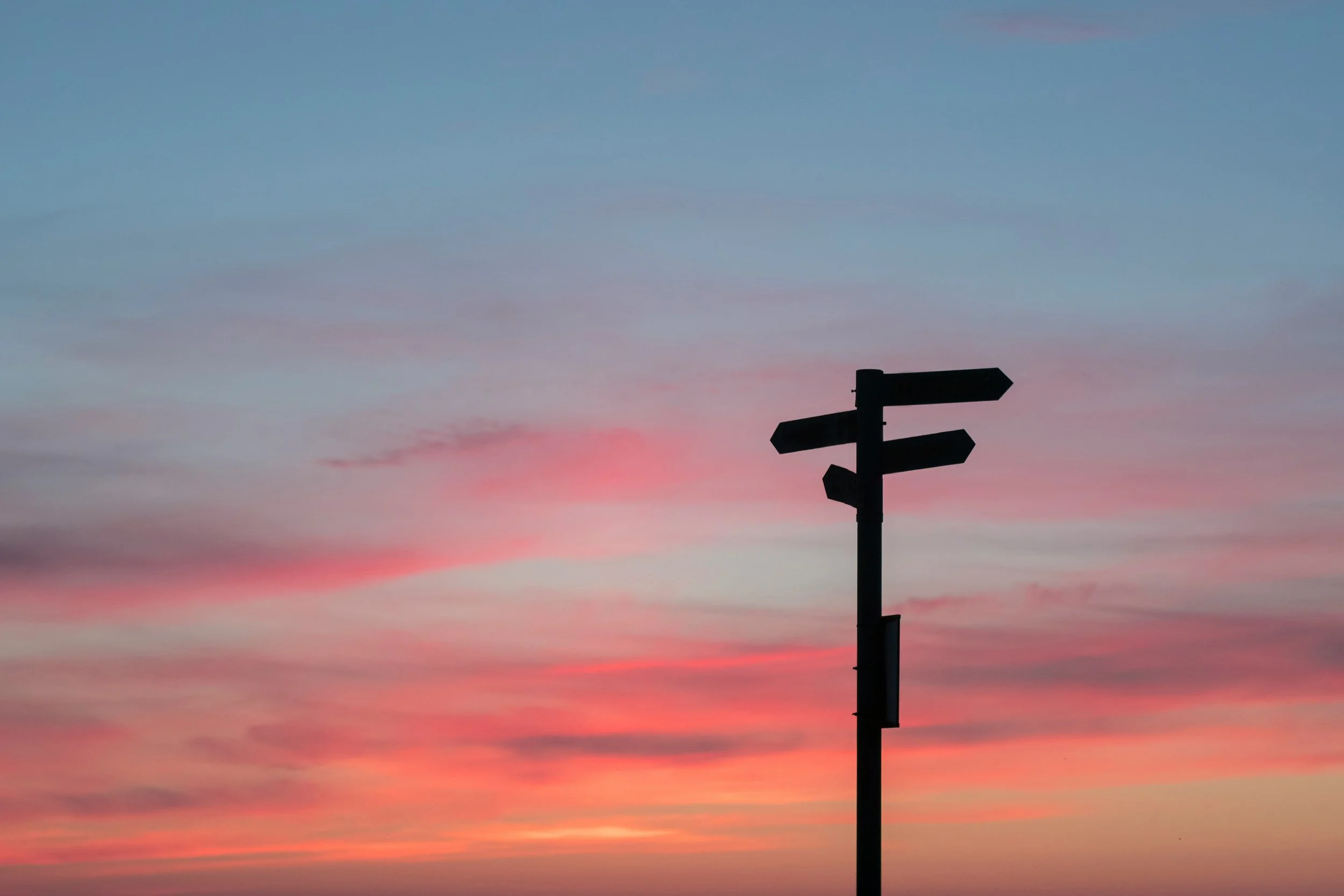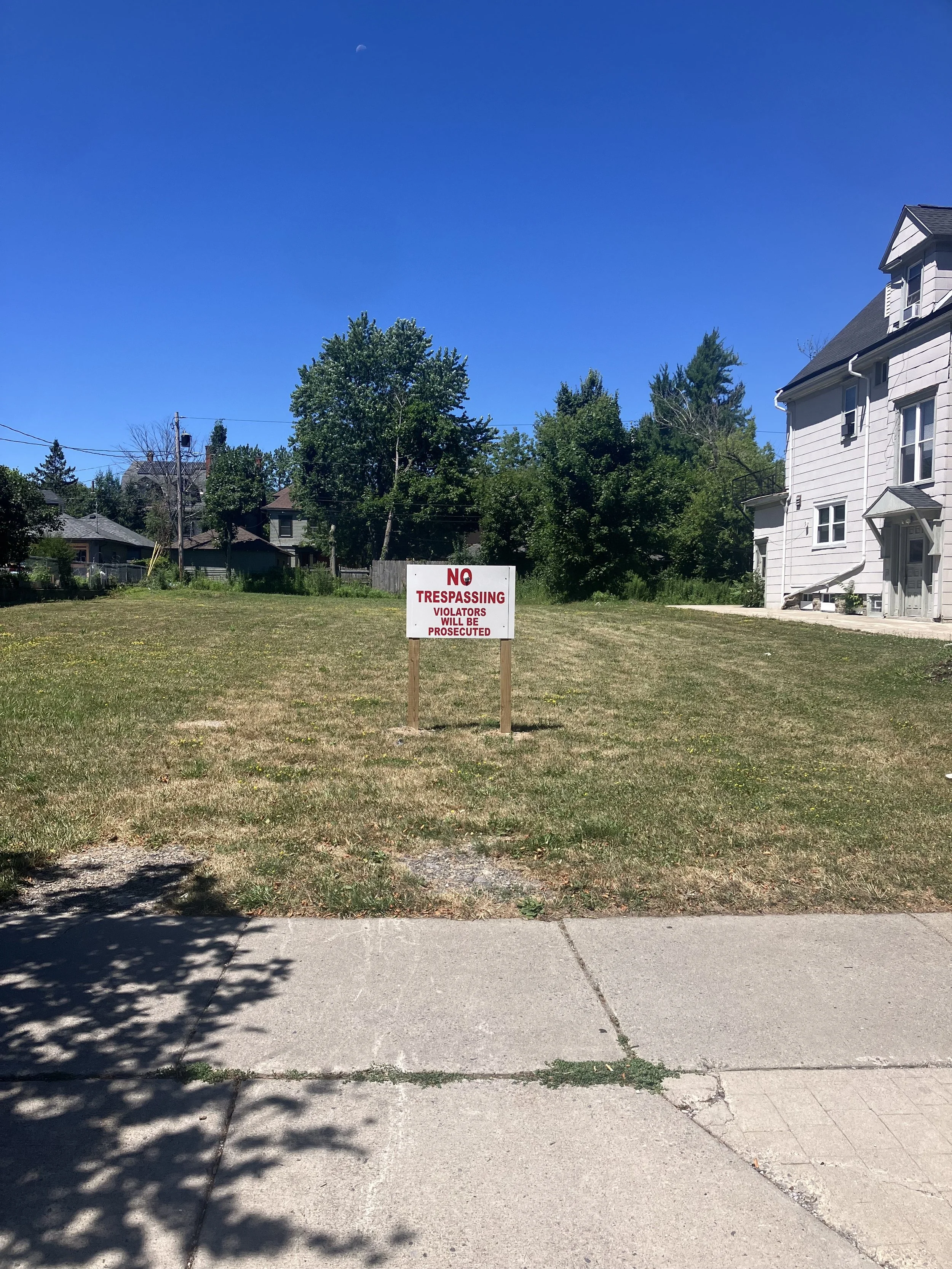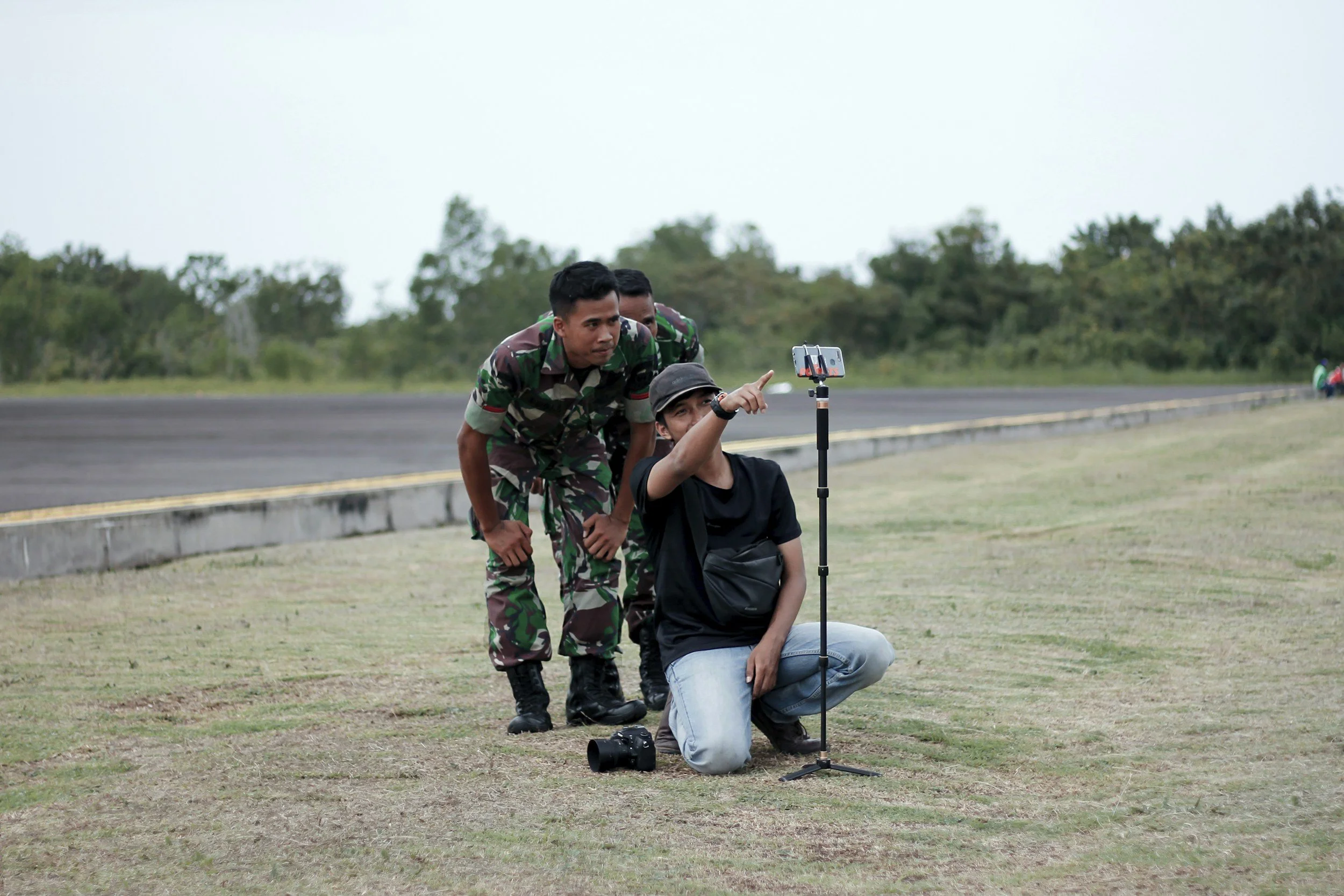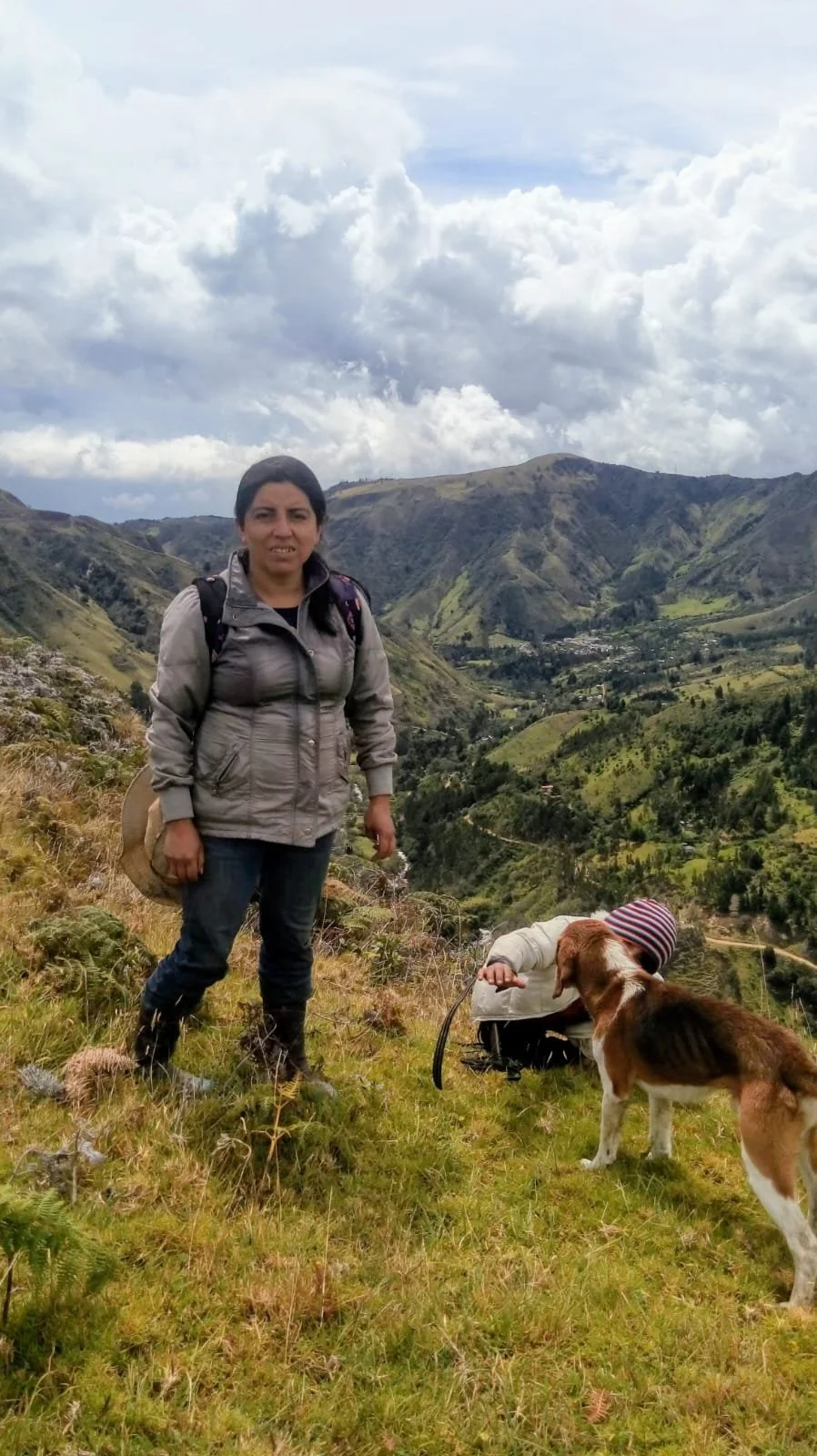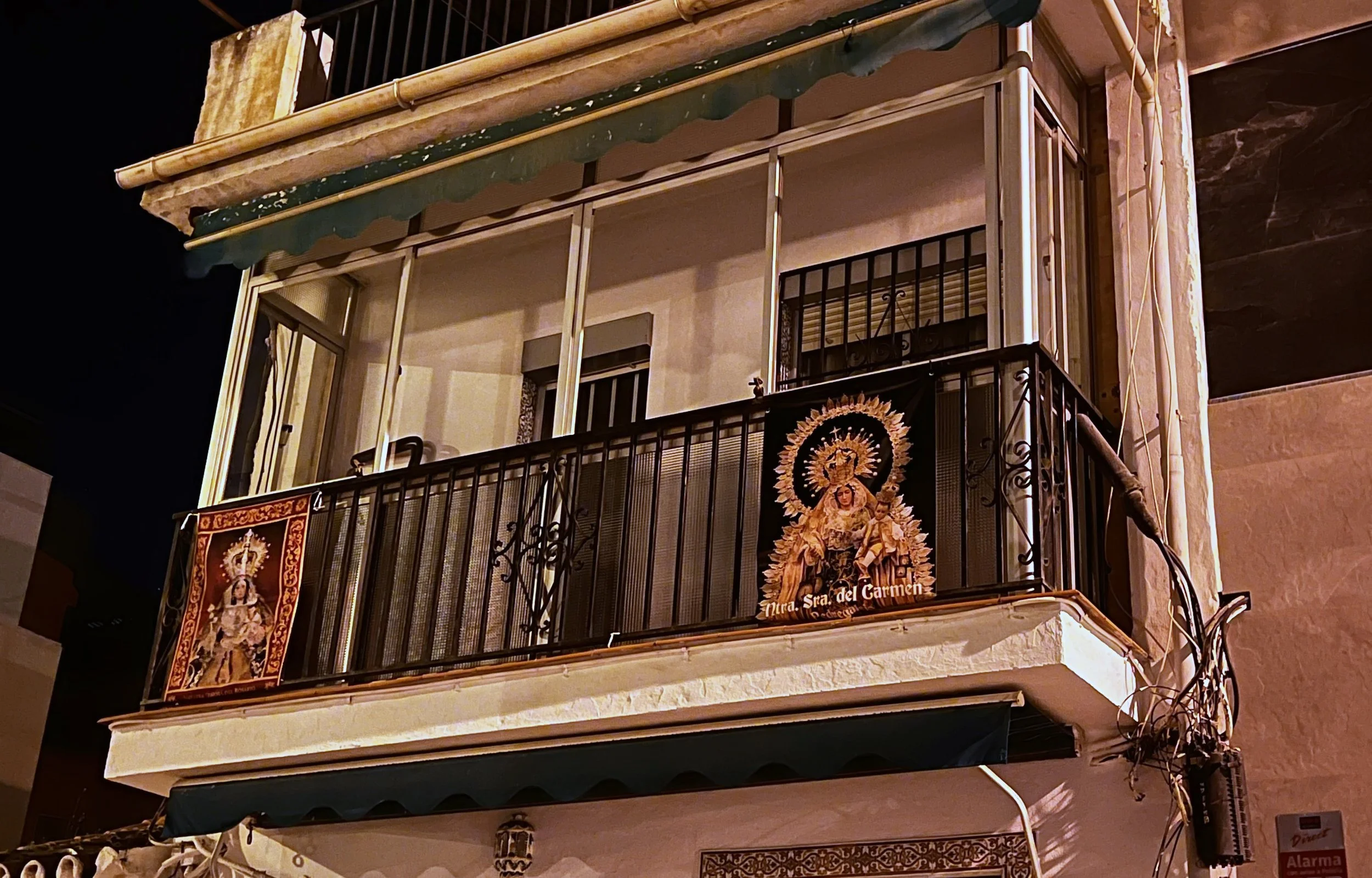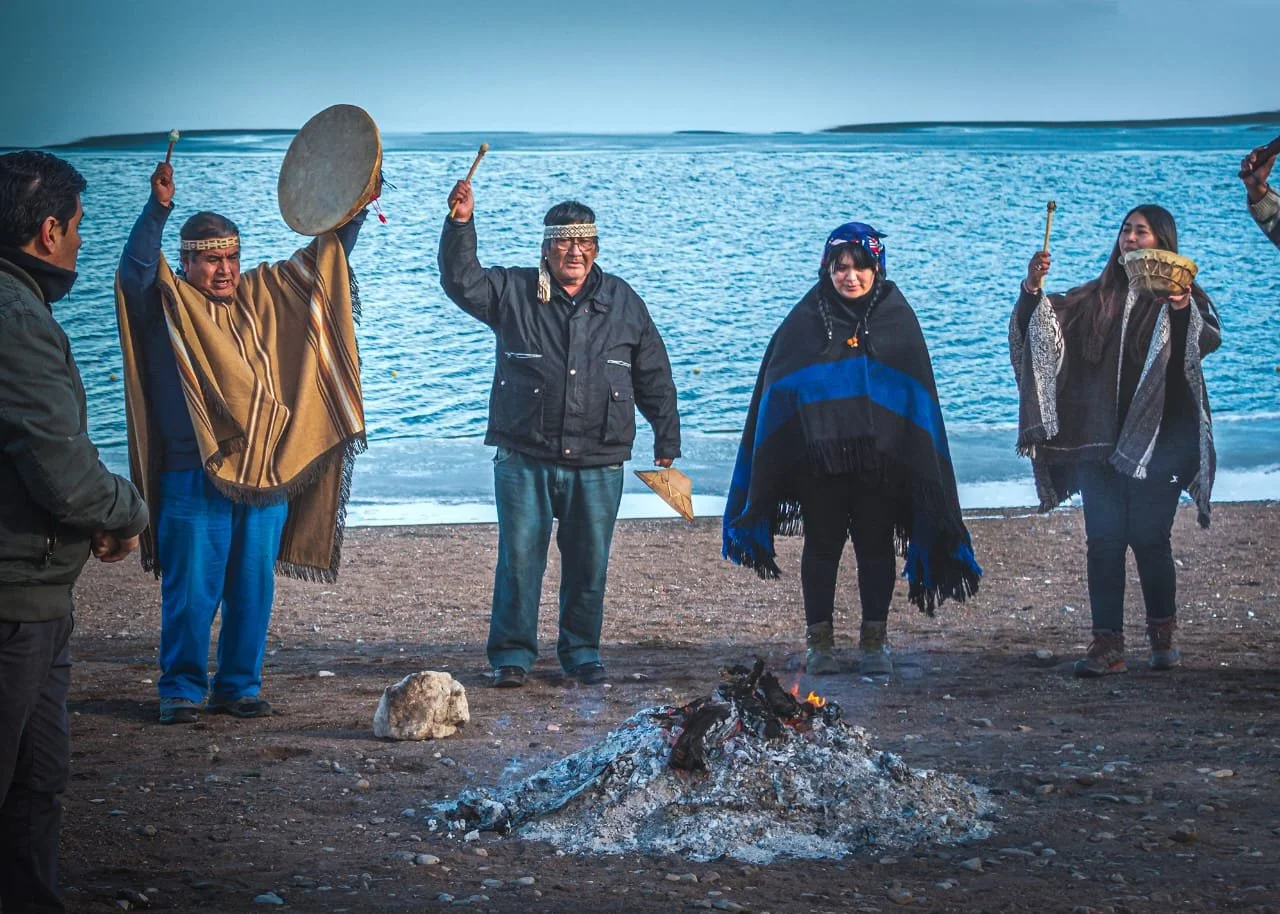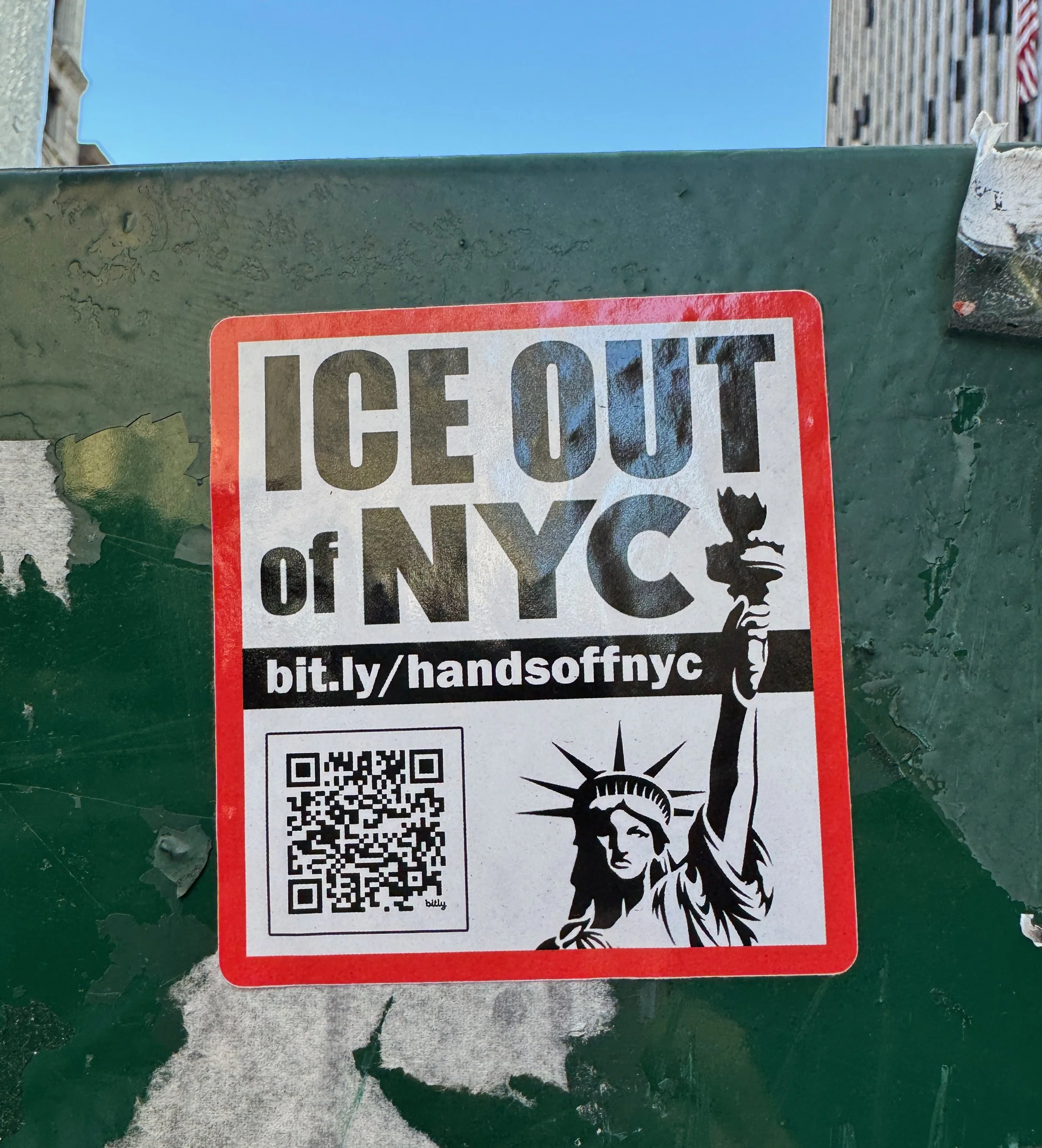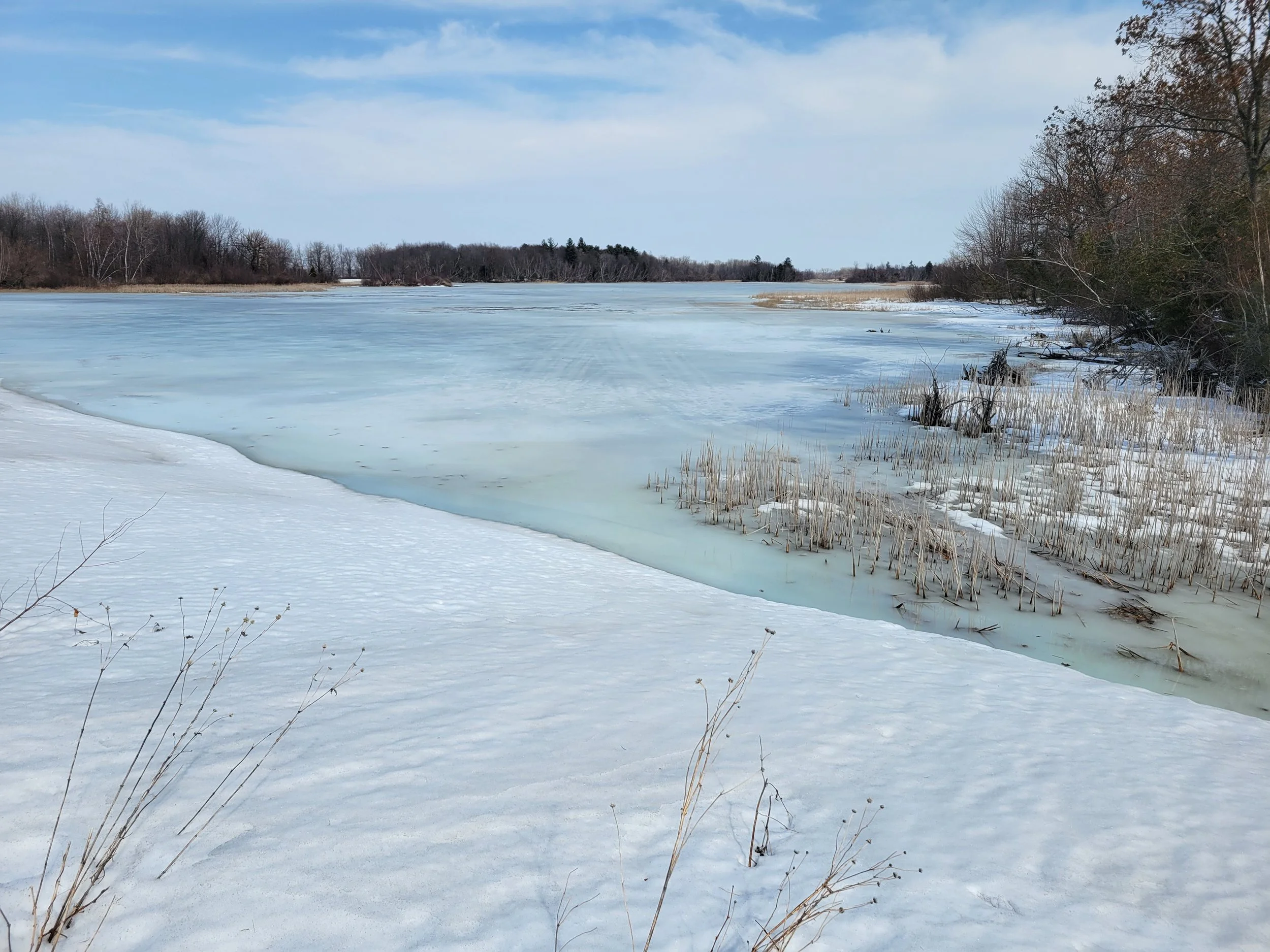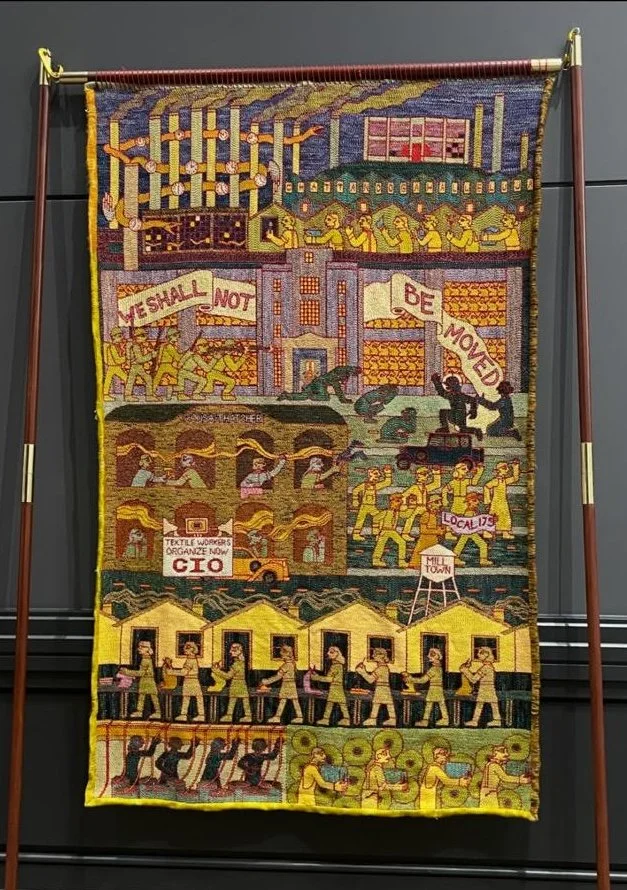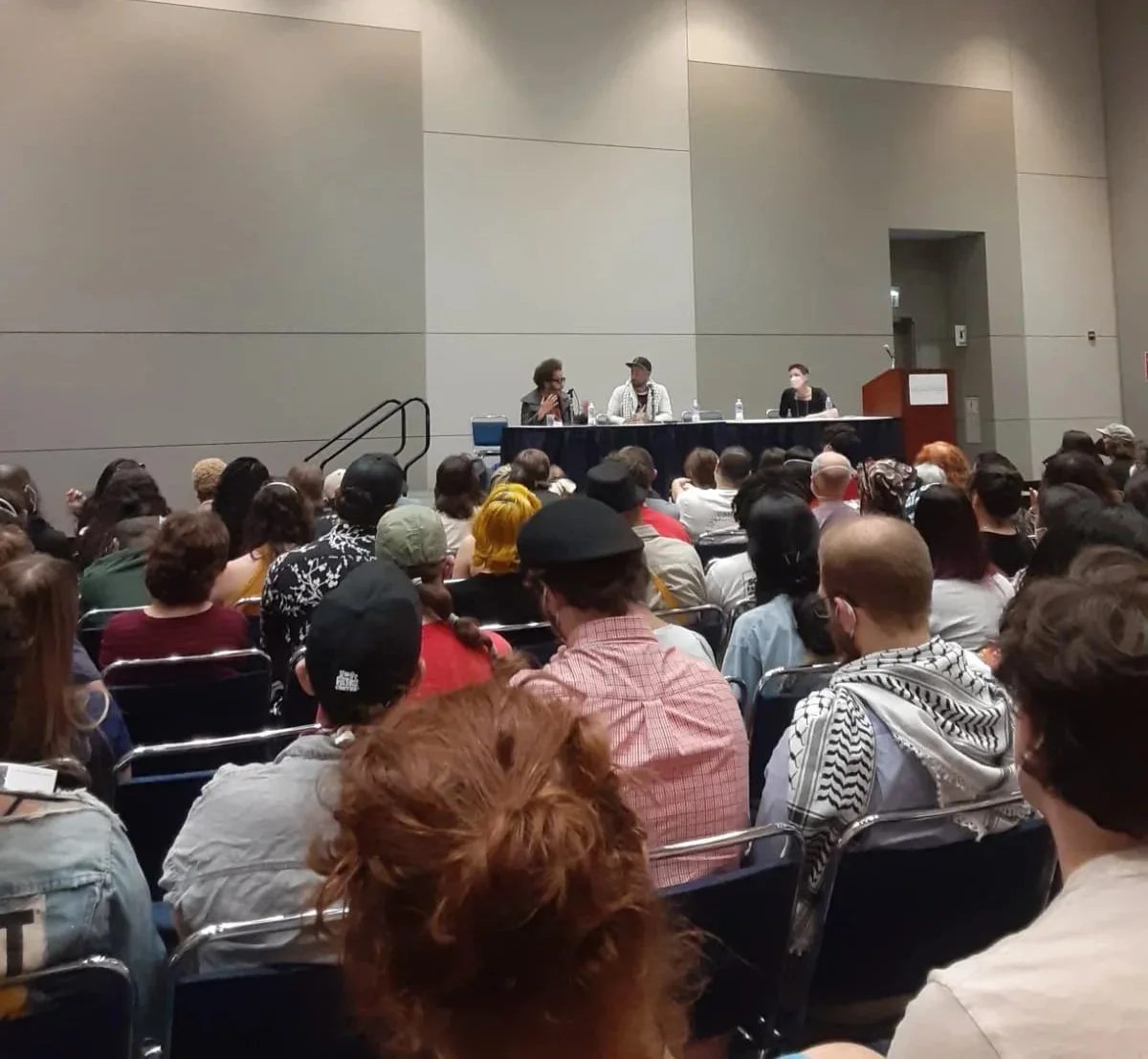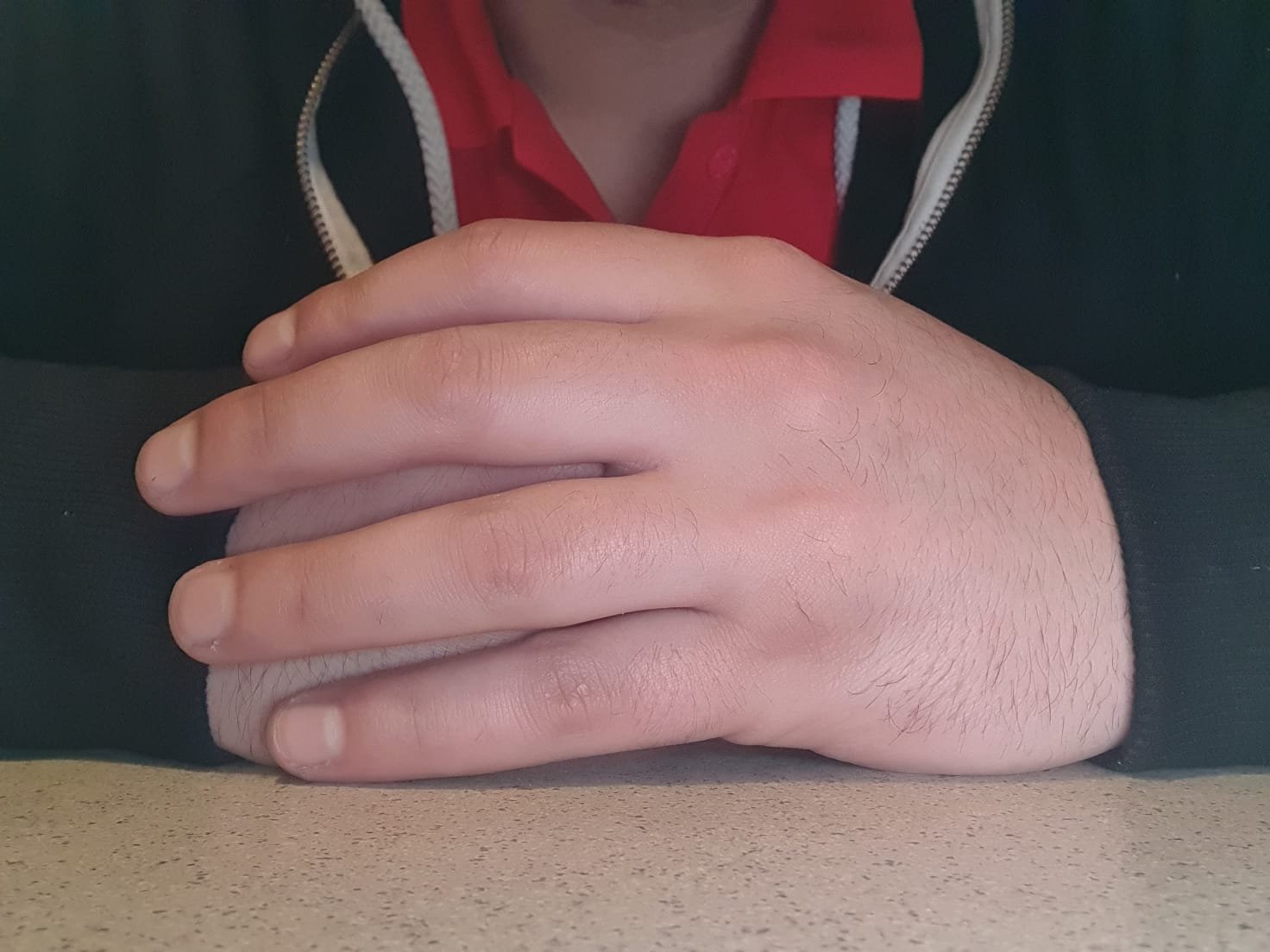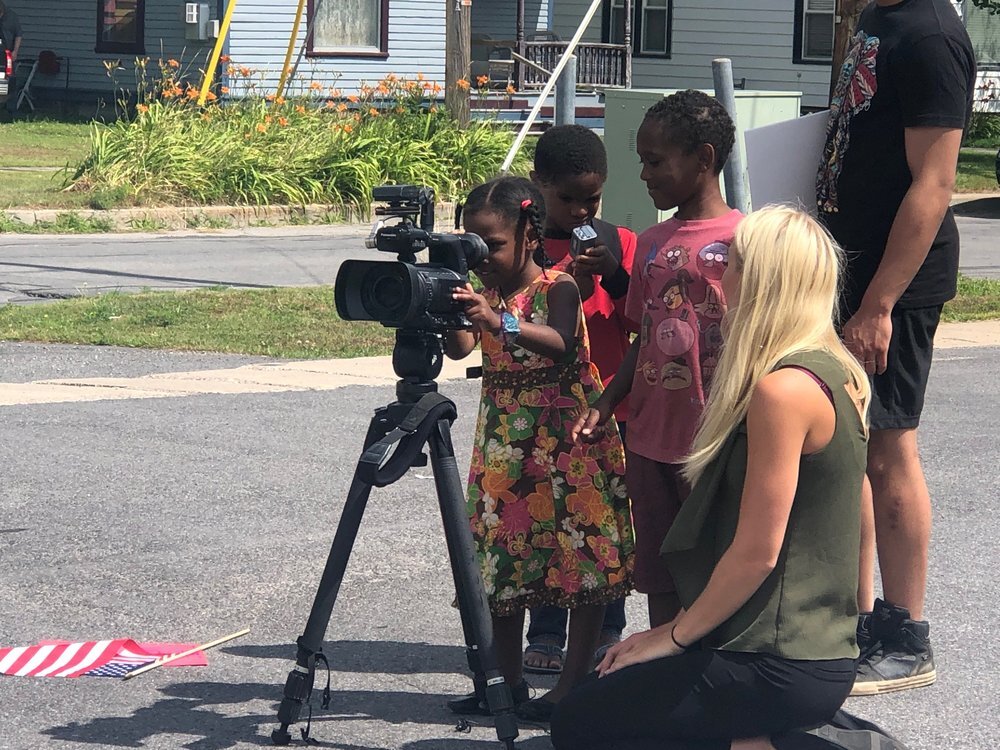
Stories
News
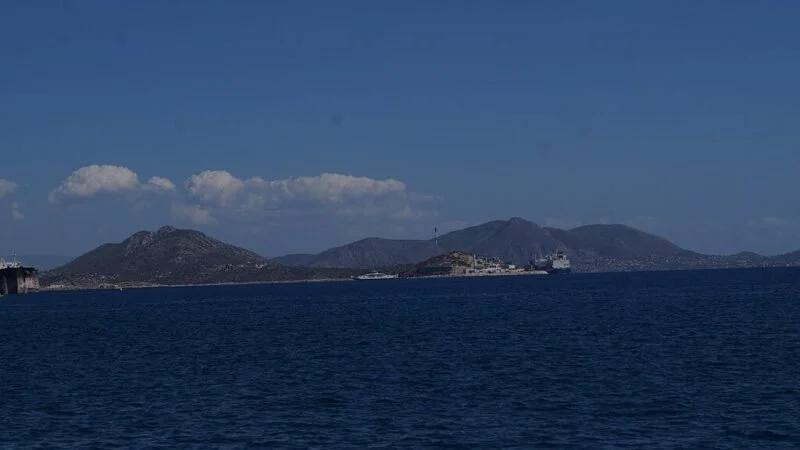
Analysis
Voices
Podcast
Announcements
Events

All Stories
Afghan Female Journalist Who Fled Taliban Now Fears Deportation from Pakistan
Mashal Baloch brings us the story of Farishta Azizi
His Journey: From Syria to Denmark and Uncertainty
Ahmed Ibrahim, a 24-year-old man from northern Syria, arrived in Denmark in August of 2017 during the Syrian Civil War. His experience as a refugee, his perseverance, and his willingness to tell his story are true signs of resilience.
Migration in Denmark: Context and Current Debates
In her first article for our Weaving the Streets series, Janeil Speid reports on the complicated history and current reality of immigration in Denmark, where the country’s liberal image sits uneasily with a reality of hostility toward some of the country’s newest immigrants.
Intersecting Roots: Arab Diversity in Amman
“Amman has experienced successive waves of Palestinian, Iraq, and Syrian refugees for many decades as it is seen as the most economically, socially, and politically stable capital in the region. Therefore, many of the refugees — displaced by decades of “western” (especially American) interjection into the region — tend to resettle in Amman…People of various Arab regions were removed from their homes and a once familiar life, and forced to relocate and re-establish their lives and stories elsewhere so often, and yet have not forgotten the foundation of their strife.”
How the Trump Administration’s Refugee Cuts Are Harming Utica, New York
By Ayla Schnier
Once thought to be a permanently-forgotten Rust Belt city in Upstate New York, Utica has recently made a cultural and economic comeback thanks to an influx of refugees. However, the Trump administration’s refugee cuts -- the most drastic in US history -- are harming this small city’s prosperity. The rationale for these cuts is rooted in several global patterns, and bouncing back from their consequences won’t be easy. But Utica isn’t ready to give up without a fight.
Inside Aida and Dheisheh Refugee Camps
By Charlie Finn
“What comes to mind when you think of a refugee camp? I had always imagined the refugee camp as filled with tents, temporary residents, humanitarian organizations, and international workers – a place for the mobile migrant fleeing war, poverty, or political unrest. But, what does a refugee camp look like when it stands in the same place for over seventy years?” Charlie Finn reports on his visit to two Palestinian refugee camps in the occupied West Bank.
“Xenophobia Stinks”: The Politics of Nicaraguan Immigration in Costa Rica
By Torri Lonergan
As political violence continues in Nicaragua, neighboring Costa Rica is receiving a significant number of Nicaraguan refugees. In recent months, Costa Rica has seen an upsurge in anti-immigrant sentiment as well as popular demonstrations in support of the refugees. Torri Lonergan reports from Costa Rica in her second installment for our Weaving the Streets project.
UN Funding Cuts Jeopardize Deaf Children in Gaza
By Asmaa Tayeh
Zeyad Aabed has devoted his career—26 years—to running an NGO dedicated to offering education and health services to the deaf. It was, to say the least, a labor of love. But now, much of the funding on which his NGO depends is drying up. And today, he feels exhausted and depressed, fearful he will have to close the El-Amal Rehabilitation Society altogether. (Reposted from We Are Not Numbers)
Misneach: A Call for Justice Through the Irish Language
By Darcy Best
In her latest installment for our Weaving the Streets project, Darcy Best checks in from Galway, Ireland, where street serves as a way to link the Irish language movement with broader political causes ranging from welcoming refugees to expressing solidarity with Palestinian hunger strikers.
Covering the Margins, Part II: Promoting Buffalo Through Piecemeal Portrayals of Refugee/Immigrant Populations
By Kali Villarosa
In a period of increasing political contention and global displacement, the conversation around refugees, immigration status and documentation/legality has become more prominent within the news media. In the second installment of her Covering the Margins series exploring news coverage of marginalized populations in Buffalo, NY and Ahmedabad, India, Kali Villarosa examines how three news outlets in Buffalo have framed the story of refugee/immigrant populations in order to tell an especially celebratory story about the city itself.
Silent Voice From Holot: Episodes 10-11 (Video)
By John Collins
In the 10th and 11th installments of the Silent Voice From Holot series, Ali introduces us to some of the people who come to visit the Holot detention facility to express their solidarity with the asylum-seekers being held there. Episode 10 features human rights workers, while Episode 11 features a special performance by Dream Boys, a musical group that was created in Holot.
From Darfur to Holot: My Story
By Osman Mohamed Ali
This post is part of our project, Holot: Crossroads of Global Violence.
I am one of the victims and survivors of the Darfur genocide in Sudan.
I was born in a small village around Zalingei in Western Darfur. Growing up in Sudan, education has always been something that helped me to overcome obstacles in my life, but obstacles have now arisen that stop me from even obtaining an education. My primary school was far from my village, and it took me more than two hours to get to school on foot every day. Despite all the difficulties and instances of interruption, I have never lost faith in the power of education.
Silent Voice From Holot: Episodes 8-9 (Video)
By John Collins
In the 8th and 9th episodes of the Silent Voice From Holot series, Ali speaks with some of the other African asylum-seekers who are being held in the Holot detention facility.
Silent Voice From Holot: Episodes 6-7 (Video)
By John Collins
In the 6th and 7th episodes of the Silent Voice From Holot series, Ali explains the process of how asylum seekers are summoned to Holot and gives us additional information about the regulations of the Holot detention center.
Silent Voice From Holot: Episodes 4-5 (Video)
By John Collins
In the fourth and fifth reports in the Silent Voice From Holot series, Ali provides some information on how the detention center is structured and gives us a look inside one section of the facility.
Silent Voice From Holot: Episodes 1-3 (Video)
By John Collins
Silent Voice From Holot is a citizen journalism project featuring short videos made by asylum-seekers being held in the Holot detention facility in Israel. All videos will be featured here on the Weave News website, on our YouTube channel, and on the Silent Voice From Holot website. In this post we feature the first three episodes of the series. Ali, an asylum-seeker from Darfur (Sudan) and Weave News contributor, introduces us to the detention facility and the reasons why the asylum-seekers have found themselves living there.

